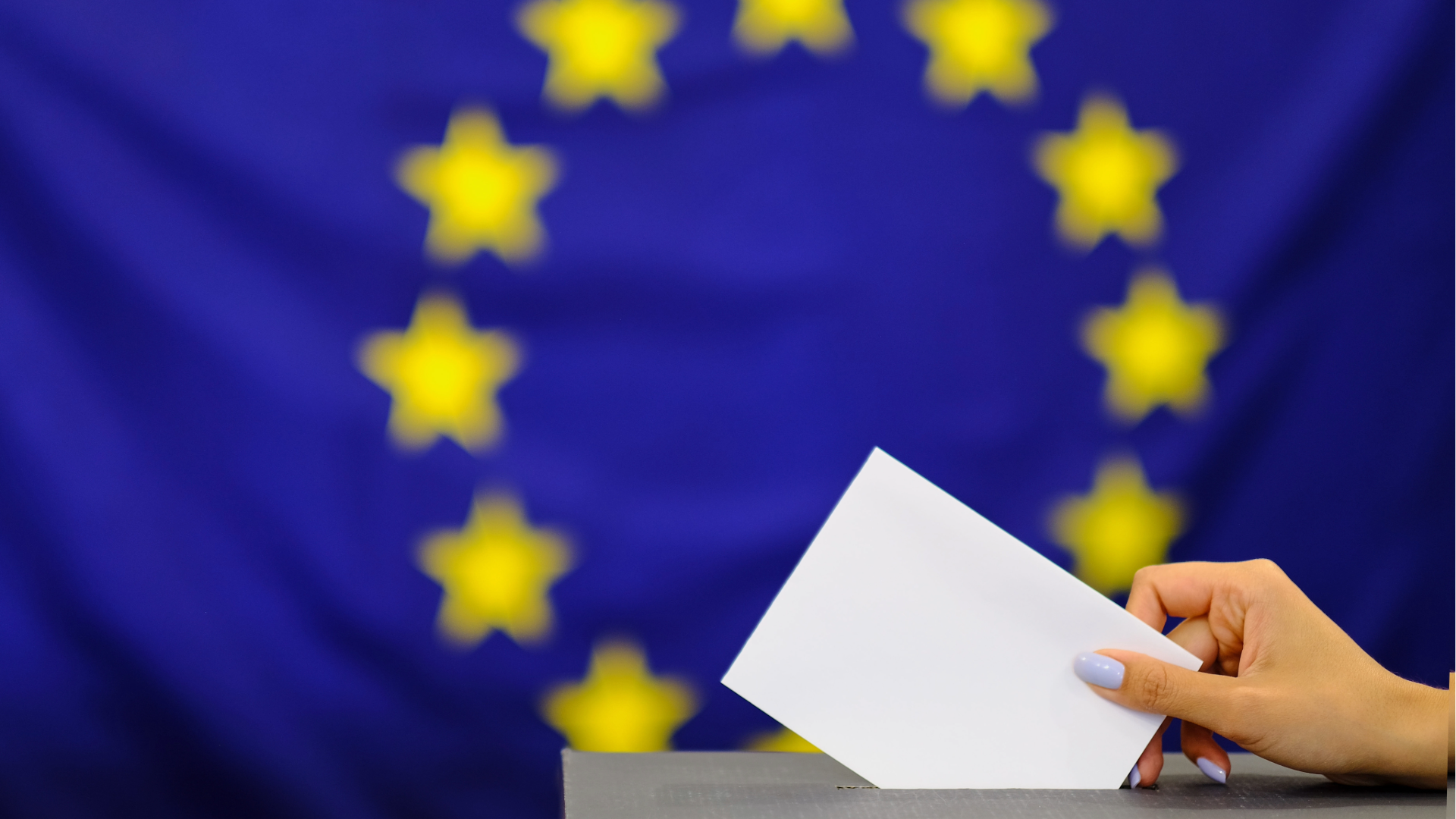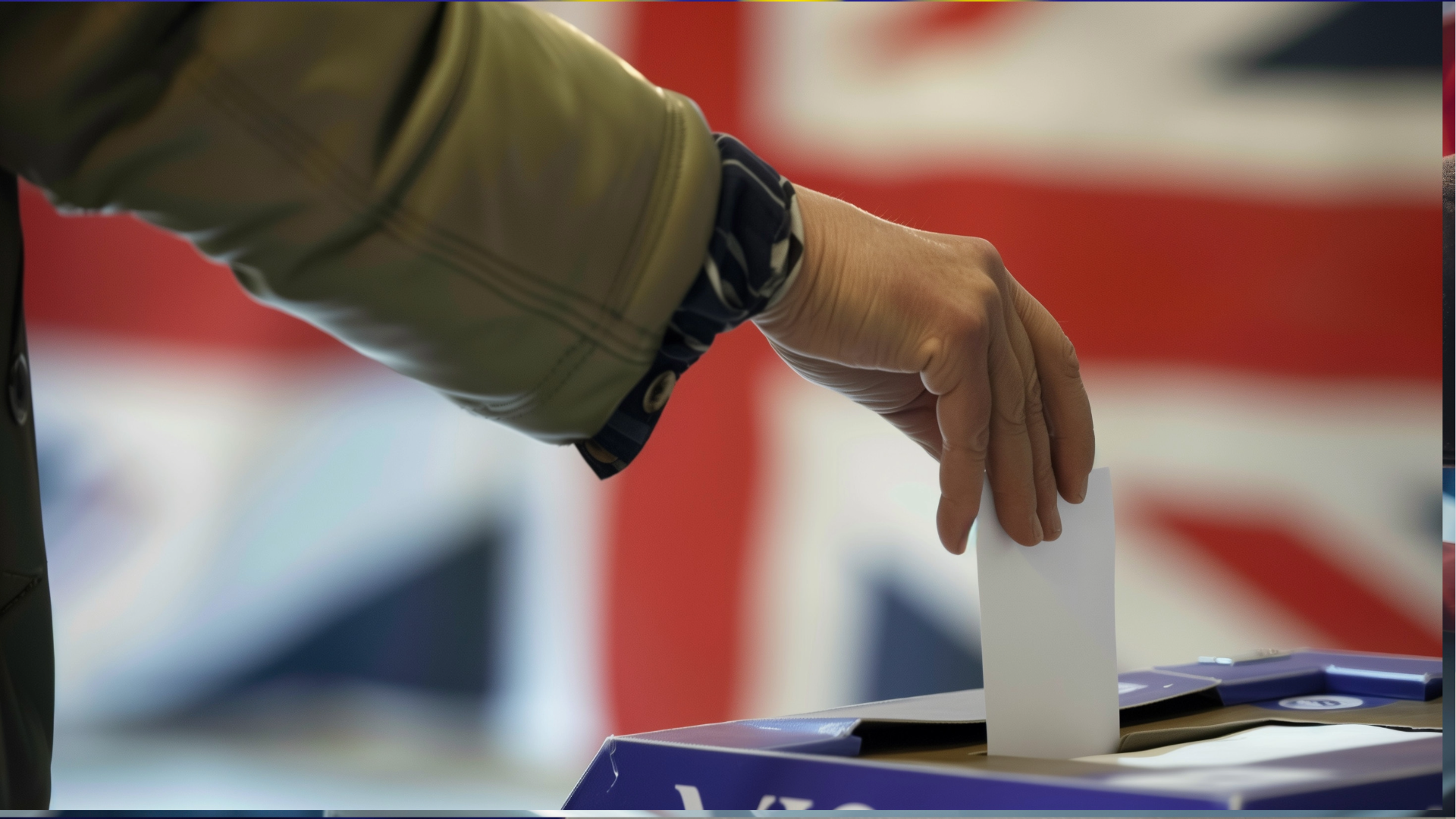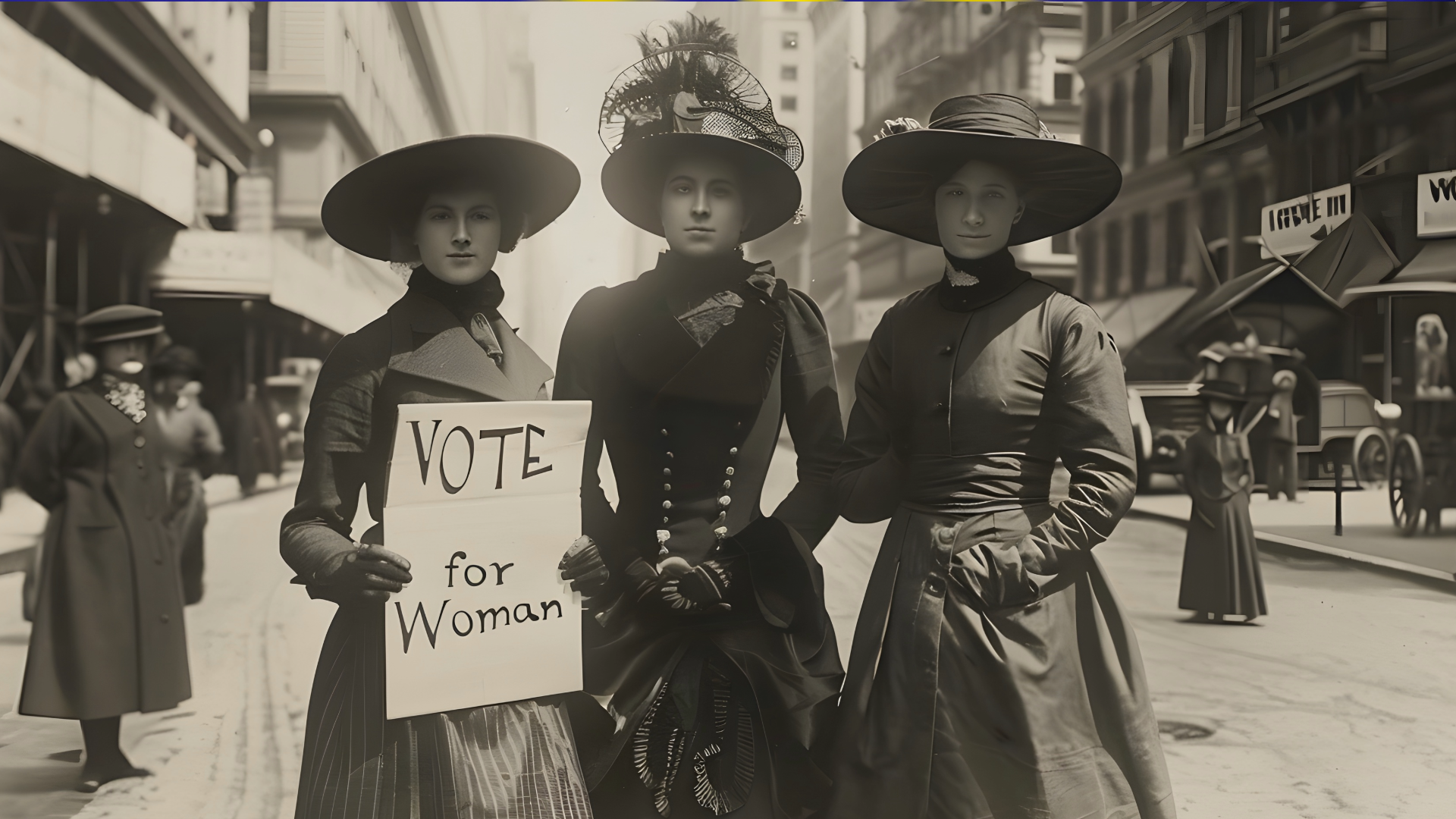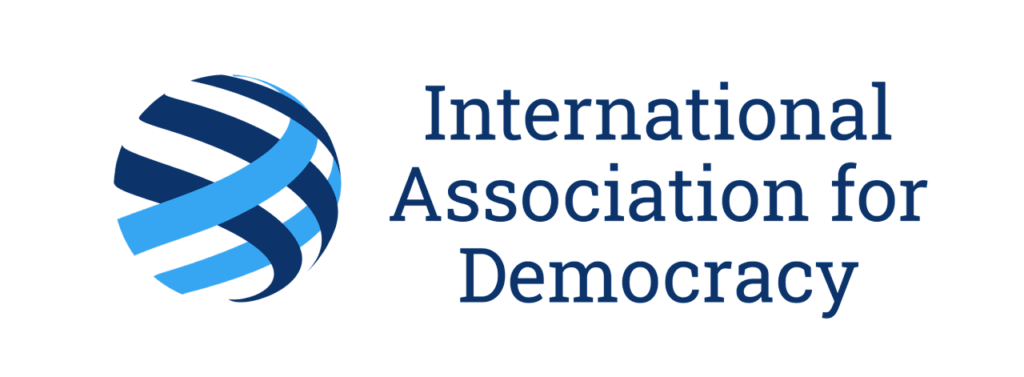What is Democracy?
Democracy, derived from the Greek words demos (the people) and kratos (rule), literally means “rule by the people.” Modern democracies are mostly representative, meaning people are elected to represent the public in a legislative assembly (often referred to as a ‘parliament’) that votes on the laws and policies of a country. Key principles necessary for democracy are free and fair elections, equal representation, pluralism, human rights and freedoms, the rule of law, and transparency. Direct democracy is a system of governance where the electorate votes on legislative changes without relying on elected representatives. While this form of governance is less common, representative democracies still sometimes utilise direct democracy by going to the polls in plebiscites or referendums.
Other explainer videos
Our videos serve as an accessible way to understand how democracy shapes society. Explore how elections work, the role of citizens in a democracy, or the balance of power within democratic institutions, and empowers people.
-

The US Government explained
• IAD
US Government explained The United States Constitution, written in 1787, outlines the core principles and powers of the US government. Power is divided among three branches of government that check and balance each other to prevent any branch from becoming too powerful. One, The legislative branch. This branch includes Congress, which has two houses. The…
-

What is the rule of law
• IAD
What is the rule of law, and why is it so important to democracy? The rule of law is a value and political ideal that underpins modern liberal democracies. The rule of law asserts that everyone is subject to fair and consistent laws, including leaders, lawmakers, and enforcers. Everyone, regardless of status, is subject to…
-

USA election
• IAD
For Presidential elections, which happen every four years, US candidates must first put themselves forward for primary votes for their party in each state.
-

EU elections?
• IAD
The European elections are your opportunity to choose who represents your country in the European Parliament, the only directly elected body of the EU. The European Commission and Council on the other hand are unelected.
-

UK General Election
• IAD
In UK elections, you get a chance to change the make up of the UK’s primary legislative body, the House of Commons.
-

Women’s Suffrage!
• IAD
On August 26, 1920, women in the United States were granted the right to vote, a pivotal moment in the global struggle for women’s suffrage.

